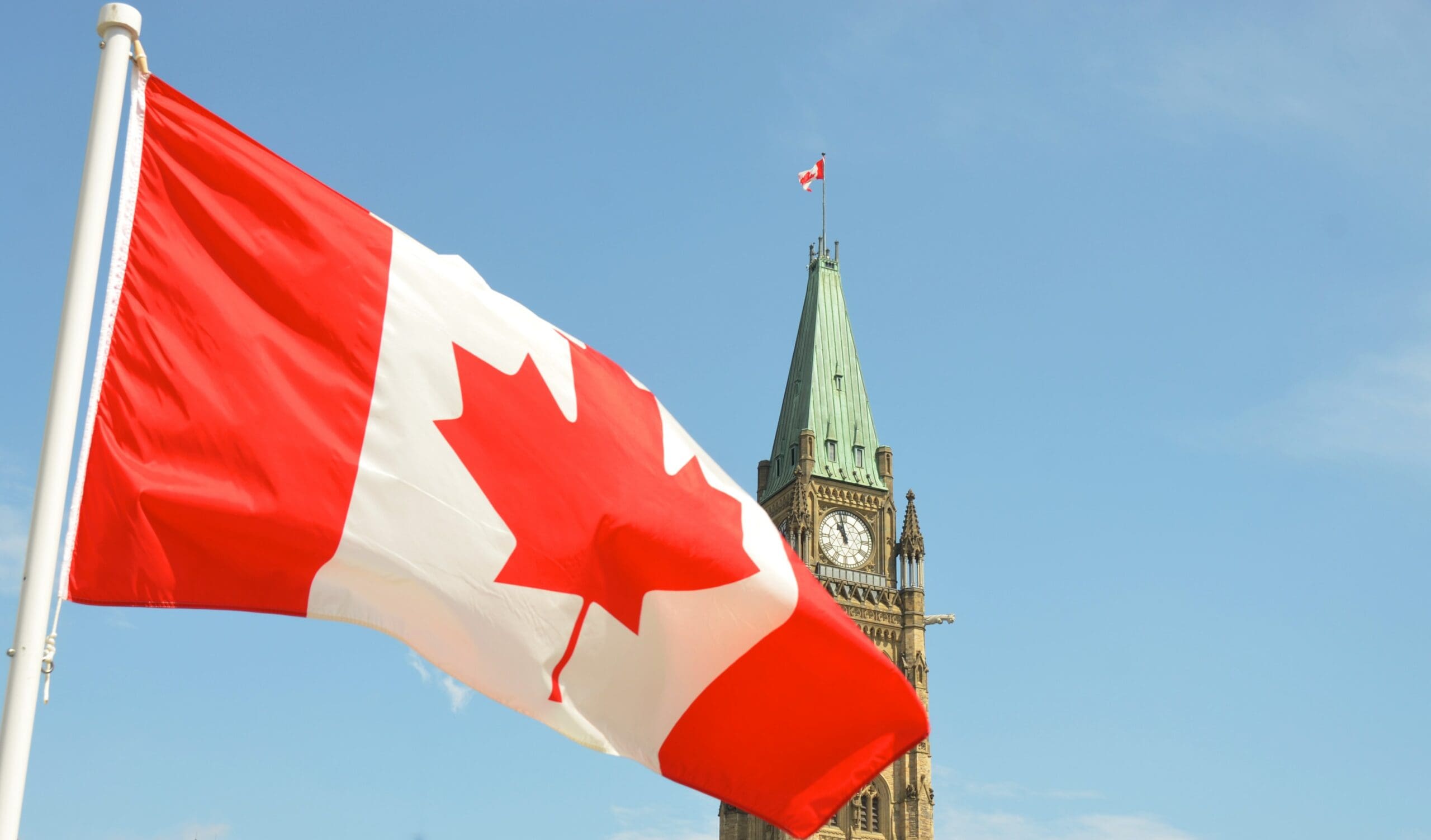By Jolson Lim
Support for a basic income may be shifting from one end of the country to the other.
Four senators are the latest leaders to say they’re in favour of a guaranteed, livable basic income on Prince Edward Island, with Ottawa’s help.
A special all-party committee of the P.E.I. legislature urged the provincial government late last year to begin negotiating with Ottawa for money to test-drive a guaranteed basic income.
Three senators from P.E.I. — Sens. Diane Griffin, Brian Francis, and Mike Duffy, as well as Ontario Sen. Kim Pate — sent a letter to Prime Minister Justin Trudeau and P.E.I. Premier Dennis King last week calling not just for a pilot program, but a nationwide guaranteed basic income, starting on the island.
The letter says P.E.I. would be an appropriate place to begin because of its small and aging population, and because it’s been used before as a “test bed” for innovations in everything from agriculture to wind energy.
The committee’s report suggests how it might work. A single adult would be guaranteed an annual income of $18,260, while a family of two would get $25,747, at a cost to taxpayers of $270 million a year. Earnings in addition to the basic income would be clawed back by 50 cents for every dollar earned.
“There are a number of people there who certainly could use the support and assistance,” said Pate, one of the loudest advocates in the Senate for a basic income.
“Given the political will, it seems like a great spot to start implementation.”
As she understands it, Pate said the P.E.I. government will support it, and has written to Ottawa about it. She’s meeting with King next week before his speech from the throne on Feb. 25.
There’ve been “ongoing conversations” about a basic income among MLAs, ministers, senators, MPs, King, and government officials since the committee released its report, Adam Ross, a spokesperson for King, said in a statement.
The idea of paying Canadians a basic income has picked up momentum during the pandemic, which has exposed large holes in the country’s social safety net.
Proponents see basic income as a way to reduce poverty, protect Canadians from financial ruin, and not force workers to take on dangerous jobs. It would also be simpler to administer, and more naturally responsive to economic crises like the one we’re in now.
Last April, more than 50 senators signed a letter asking that the Canada Emergency Response Benefit evolve into a guaranteed basic-income program that would prevent Canadians from falling through the cracks of government relief, as had occurred with the employment insurance system.
Not everyone’s on board, though. In a 500-page report, an expert panel appointed by the B.C. government recently concluded that “moving to a system (with) a basic income for all as its main pillar is not the most just policy option.” It would be too costly, and wouldn’t necessarily help the non-financial problems that cause people to need money in the first place, the report said.
“The needs of people in this society are too diverse to be effectively answered simply with a cheque from the government,” it reads.
Instead, the panel says the B.C. government should bring in improvements and targeted actions, including a basic income for certain vulnerable groups.
Pate agreed with some of the report’s conclusions, saying poverty won’t be solved by a basic income without other policies in place.
“Nobody who is credible, and recommending basic income, is saying a cheque from a government alone will solve it,” she said. “But nobody who is credible, (and) who’s looking at poverty, says (social) programs alone can solve it.”
But the report doesn’t say that a basic income in any form is a bad idea, she added.
The B.C. panel also concluded that a basic-income pilot would be ineffective as a case study, because many of the potential benefits would be realized only if the program were permanent.
While NDP Leader Jagmeet Singh has expressed support for a pilot program in P.E.I., the Liberal government doesn’t plan to proceed with basic income.
“I think it’s a very important conversation to have,” Trudeau told a virtual town hall last December. “But, as (Finance Minister Chrystia Freeland) might point out, it’s not something (we’re considering) right now.”
A statement from Freeland’s office provided to iPolitics on Wednesday said Ottawa already helps Islanders with programs that support their income and businesses.
Freeland’s mandate letter also asked her to “avoid creating new permanent spending.”
On the other hand, a basic income would ensure a “recovery for all,” said Pate.
_____
With files from Janet Silver.
To see original article please visit: https://ipolitics.ca/2021/02/03/pressure-mounts-on-ottawa-to-fund-basic-income-pilot-in-p-e-i/
















